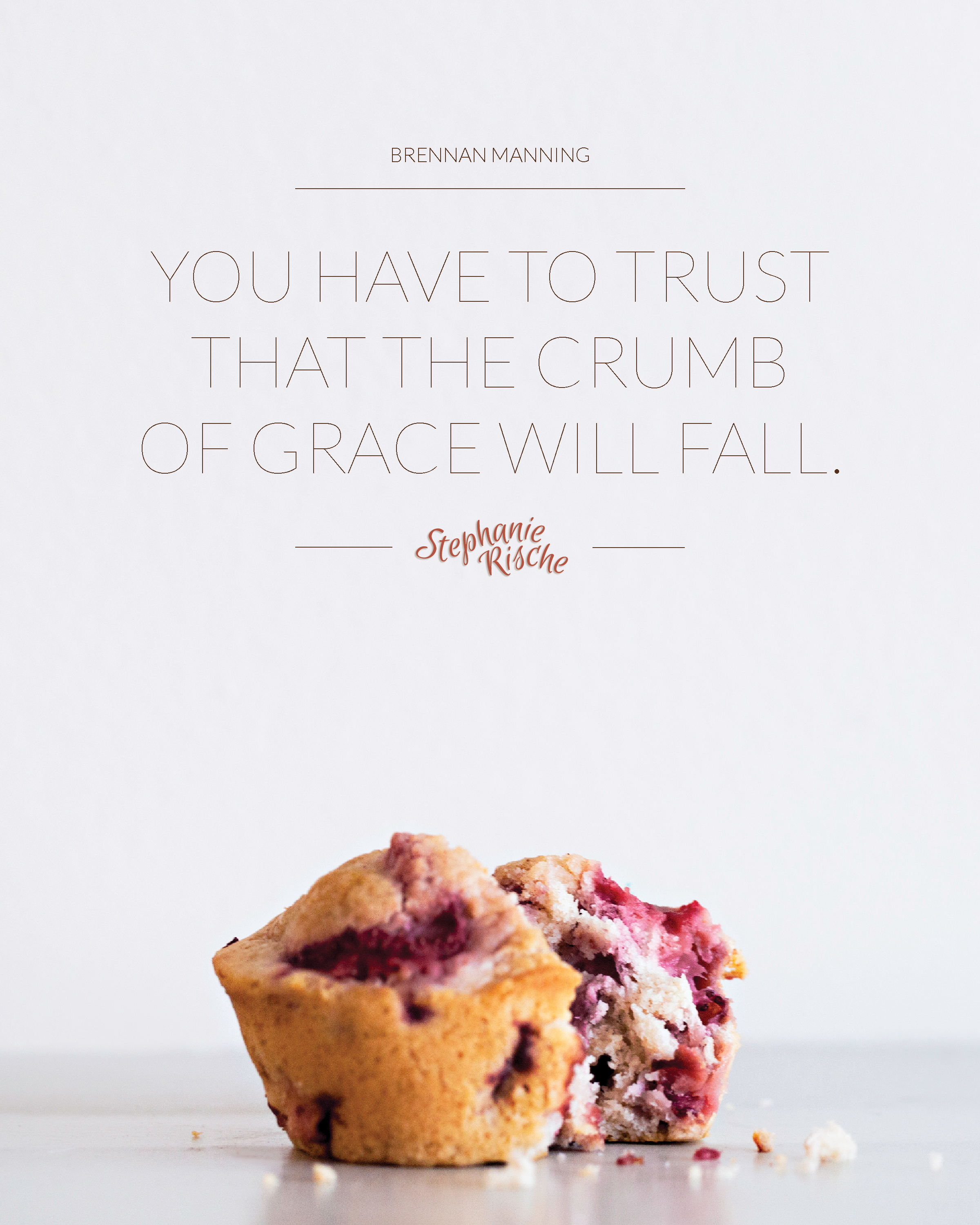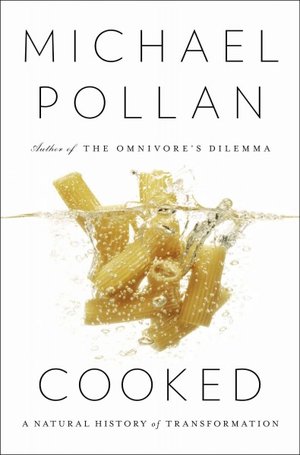When I was growing up, I had lofty aspirations of becoming an astronaut. In retrospect, this desire was likely sparked by watching SpaceCamp one too many times rather than by any real interest in scientific advancements or lunar landings. (And, for the sake of full disclosure, maybe I was also enthralled by those cute little packages of astronaut ice cream.)
But when it came down to it, the greatest pull of the astronaut life was the adrenaline-laced takeoff. After months, maybe even years, of training, it all comes down to one big moment. As the seconds tick backward from ten, you hold your breath, knowing that this critical juncture marks the difference between launch and disaster, success and failure, life and death.
That moment contains all the drama of new beginnings, new explorations, new adventures.
In good news for all of us, this website launch has significantly less drama attached to it. And unless for some unforeseen reason I die of embarrassment at some point along the way, the stakes are not life-or-death. But even so, I am holding my breath in eager expectation of this new beginning.
I’m looking forward to connecting with you, hearing your stories, and sharing glimpses of grace together. God tends to do some wildly beautiful things when he brings people’s lives to intersect, and I’m eager to see what he has up his sleeve for all of us.
So thank you for joining me here. I invite you to nose around the website, check out Sarah Parisi’s beautiful work, and make yourself at home.
And now, for that SpaceCamp moment you’ve been waiting for: 10, 9, 8, 7, 6, 5, 4, 3, 2, 1 . . . takeoff!
I am about to do something new.
See, I have already begun! Do you not see it?
I will make a pathway through the wilderness.
I will create rivers in the dry wasteland.
—Isaiah 43:19
***
In honor of the website launch, I’m giving away a free necklace today. It was made by a woman who was rescued from the sex industry in Bangkok, Thailand. I had the privilege of serving on a short-term trip with Kay and Mike Killar of Samaritan Creations several years ago, so it means a lot to me that this necklace was made by one of the precious women in their ministry. To see more beautiful products made by at-risk or rescued women, check out the Women at Risk site here.
For your chance to win, simply answer this question in the comment section:
What new thing is happening in your life right now? Is there something you’re getting ready to launch?
Be sure to submit your answer by Friday, February 28!



 I’m over at Today’s Christian Woman today, writing about what an old bed-and-breakfast taught me about the hard, beautiful work of marriage.
I’m over at Today’s Christian Woman today, writing about what an old bed-and-breakfast taught me about the hard, beautiful work of marriage.



